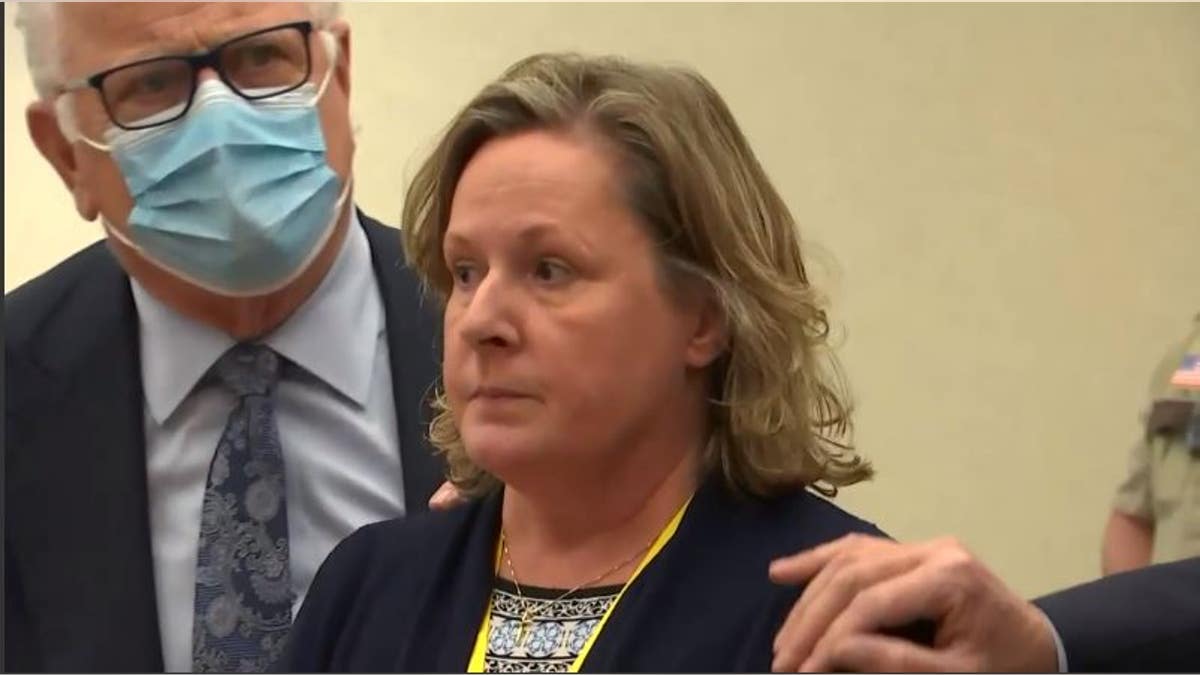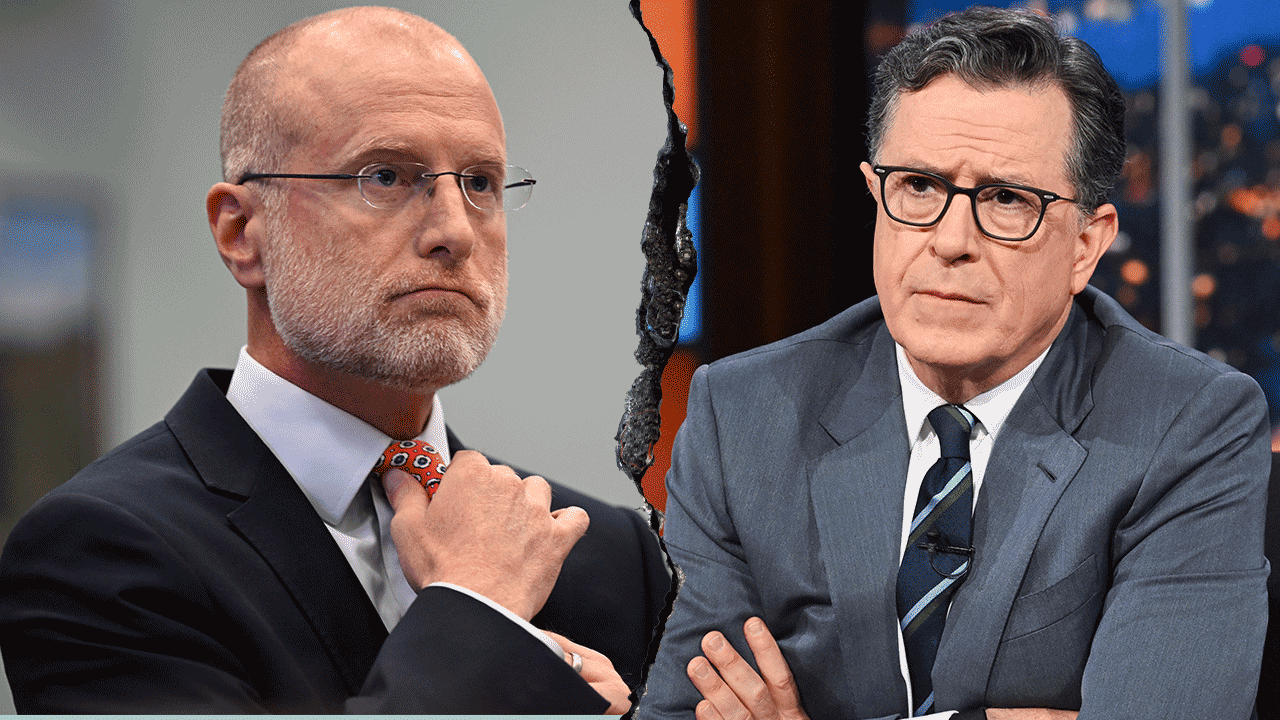Judge Jeanine: ‘Stunned’ at Kim Potter verdict
‘Justice with Judge Jeanine’ host reacts to the former officer’s ‘unique’ case.
Fox News host Judge Jeanine Pirro said Thursday she was "stunned" by former Minneapolis-area police officer Kim Potter's jury conviction on first and second degree manslaughter charges in the April 2021 death of Daunte Wright.
"I must tell you, I was stunned at the verdict," Pirro said on "The Story." "It is a kind of verdict that, you know, none of us really expected, especially the top count of manslaughter in the first degree. This woman clearly didn’t intend to cause any harm to Daunte Wright. But we know what the law is, and the law talks about recklessness and culpable negligence. She was negligent. There’s no question about it."
KIM POTTER TRIAL: JURY FINDS FORMER OFFICER GUILTY
Potter, 49, could face a maximum sentence of 15 years for the first-degree manslaughter charge, while the second-degree charge carries a maximum sentence of 10 years. The jury, comprised of six men and six women, spent more than 27 hours deliberating.

In this screen grab from video, former Brooklyn Center Police Officer Kim Potter becomes emotional as she testifies in court, Friday, Dec. 17, 2021. (Court TV, via AP, Pool) ((Court TV, via AP, Pool))
From a legal standpoint, Pirro said she thinks the jury made the right call.
"I think that in the four corners of a courtroom, when a jury looks at the difference between a taser and a real gun, they’re going to say, ‘Well, how can she get the two mixed up?’ So, legally, based on the law, the decision was correct based on the four corners of what was going on in that courtroom."
But, she told host Gillian Turner, "I think in this case unlike a lot of other cases."
"The shock that she displayed" at the time of the shooting indicates that her "mind is not really connecting with what she’s doing," Pirro observed.

Former Brooklyn Center police officer Kim Potter listens to the jury's verdict in the Hennepin County Government Center in Minnesota, on Thursday, Dec. 23, 2021. (Image: Fox News) (Fox News)
Potter had 26 years of experience as a police officer on April 11, 2021, when she says she mistook her handgun for her Taser and fatally wounded 20-year-old Wright. The police veteran and other officers, including a trainee, were attempting to arrest Wright when he tried to get back into his vehicle, video shows.
Judge Regina Chu ordered Potter to be taken into custody and held without bail after the verdict was read. The judge rejected a defense team request from that Potter be allowed to remain free on $100,000 bail before sentencing.









































